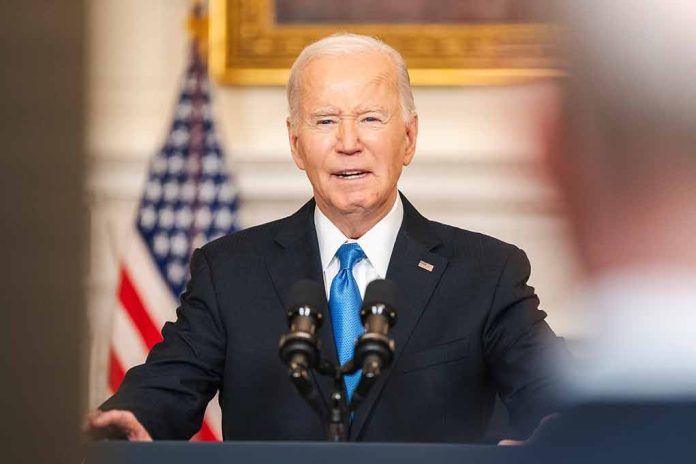
In a surprising turn of events, President Joe Biden has expressed support for a proposal initially introduced by former President Donald Trump to eliminate taxes on tips for service industry workers. This rare moment of bipartisan agreement has sent shockwaves through the political landscape, leaving many to wonder about the implications for both workers and the economy.
A Win for Service Workers?
The proposal aims to allow service industry employees, such as waitstaff, bartenders, and hairdressers, to keep their full earnings from tips without tax deductions. For the estimated 4 million tipped workers in the United States, this could mean a significant increase in take-home pay. However, it’s worth noting that about 37% of tipped workers already earn so little that they don’t pay federal income taxes.
Economic Impact and Concerns
While the proposal sounds appealing on the surface, it comes with potential economic consequences. Estimates suggest that eliminating taxes on tips could cost the federal government between $107 billion and $200 billion over a decade. This significant loss in tax revenue raises questions about how the government would make up for the shortfall and whether it could lead to increased taxes in other areas.
President Biden "absolutely" supports eliminating federal income taxes on tips, @PressSec says of a proposal VP Harris endorsed over the weekend and Trump supports.
"He supports eliminating taxes on tips for service and hospitality workers, while also raising the minimum wage."
— Joey Garrison (@joeygarrison) August 12, 2024
Political Implications
The bipartisan support for this proposal is noteworthy, especially in the current polarized political climate. Both Trump and Biden have voiced their support, with Vice President Kamala Harris also endorsing the idea. This rare agreement could potentially influence voter perceptions of both parties, particularly in key battleground states like Nevada, where the service industry plays a significant role.
Criticism and Controversy
Despite the apparent benefits for service workers, the proposal has faced criticism. Some analysts argue that it might unfairly benefit employers more than workers by distracting from the issue of not paying minimum wage to tipped employees. There are also concerns that this policy could lead to unintended consequences, such as expanding tipping to professions not traditionally tipped.
The Road Ahead
As this proposal gains traction, it’s clear that careful consideration must be given to its implementation and long-term effects. While the idea of tax-free tips may be appealing to many, the potential impact on the federal budget and overall tax structure cannot be ignored. As the debate continues, both supporters and critics will be closely watching to see how this rare moment of bipartisan agreement unfolds in the coming months.
In conclusion, the proposal to eliminate taxes on tips represents a unique moment of political alignment between Biden and Trump. While it offers potential benefits for service industry workers, it also raises important questions about economic consequences and fairness in the tax system. As the discussion evolves, it will be crucial to carefully weigh the pros and cons to ensure that any implemented policy truly serves the best interests of workers and the economy as a whole.
Sources
- Why Trump and Harris both say ‘no tax on tips’
- Biden supports cutting taxes on tips, White House says
- Biden supports cutting taxes on tips: White House
- Biden now supports eliminating taxes on tips, following Trump and Harris
- No Taxes on Tips? A Trump Idea Gains Ground.
- Trump’s Plan to End Taxes on Tips Isn’t Fooling Labor Leaders









